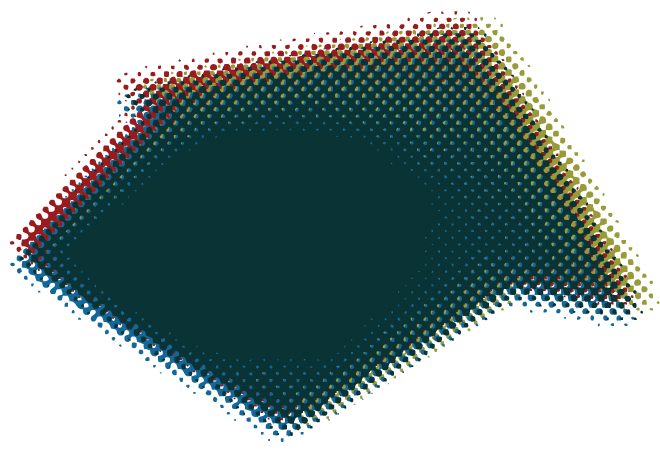13TH
My country is not what I thought it was. I knew it was imperfect, seriously so, founded as it was on slavery, genocide, and oppression. But I saw so many positive qualities—that it was also founded on immigration on an unmatched scale, innovation unique in the world, and a certain big-heartedness, a willingness and friendliness that is hard to quantify. And like a good boyfriend it seemed that my country was really maturing, especially in the last eight years, into a guy you could settle down with and trust. Even if you knew it was flawed, it seemed like it could ripen into a really good country.
Then the secret life of my country was revealed to me. A hidden, shadow side of despicable acts and practices, beliefs, and proclivities. Many already knew this from the personal experience of oppression and exclusion, brutality, imprisonment, and reservationization. Apparently it was just me who didn't realize it was as bad as others knew it was. Why didn't they tell me? Well, they'd been telling me all along, but I didn't want to hear it. Or I thought I was hearing it sufficiently. And I was relieved to hear our half-black president say that while we still needed to improve, civil rights had come a long way, and nobody would want to go back. That sounded pretty much like what I believed, and I felt that we, that I, was on the right track.
But the last three months have shaken that sense of measured vigilance. While watching the train wreck of a presidential election, I read and watched inspired work that ripped my protective armor off piece by piece. 13th entirely ripped the bottom out of my still contained countenance, and I am now detached from the reality I previously took refuge in. I see my country no longer as flawed but excusable, and am confronted with a reality that might be irredeemable. I don't know. I'm in despair. My heart aches the way only deep loss can make it ache.
This ache is exactly why I didn't want to see what I now see about my country. It explains my self-deception. Who wants to feel this way? Would anybody choose to feel this way? We love people despite knowing that loving them opens the door to the possibility of feeling brokenhearted. Sometimes we avoid loving people to avoid that potential pain. When we lose them, we think we'll never get over it. And in a way, we don't get over the pain. We adapt in some way, recover some functionality, some normalcy, but the pain finds a permanent place to live in our hearts.
But that's not even where I am right now. I'm just in the beginning of the grief of loss. I'm looking at my friends and I'm seeing that they are here too. Sometimes furious, sometimes despairing, always seeking some point to it, sometimes finding a thread of a point and clutching it tightly enough to keep it but loosely enough not to snap it. It just feels horrible, and knowing it will continue for years makes it hellish.
What would it take to disassemble the structures of oppression, the fear of one another? The mind reels. The heroes are those who take one step at a time, as if every act of love, courage, and deep intelligence matters, and who refuse to give into hopelessness. Radical loving resists the overwhelming urge to meet fear and hate with more fear and hate, stronger fear and hate, smarter fear and hate. I am trying to follow the example of these heroes. I need lessons from them. But first I have to feel this painful new awareness, to put it on and wear it, to weep and rage, in the presence and with the comfort of others. Maybe after a bit we can create a ceremony of appreciation for all the hearts that remain open, and start taking one step at a time.
